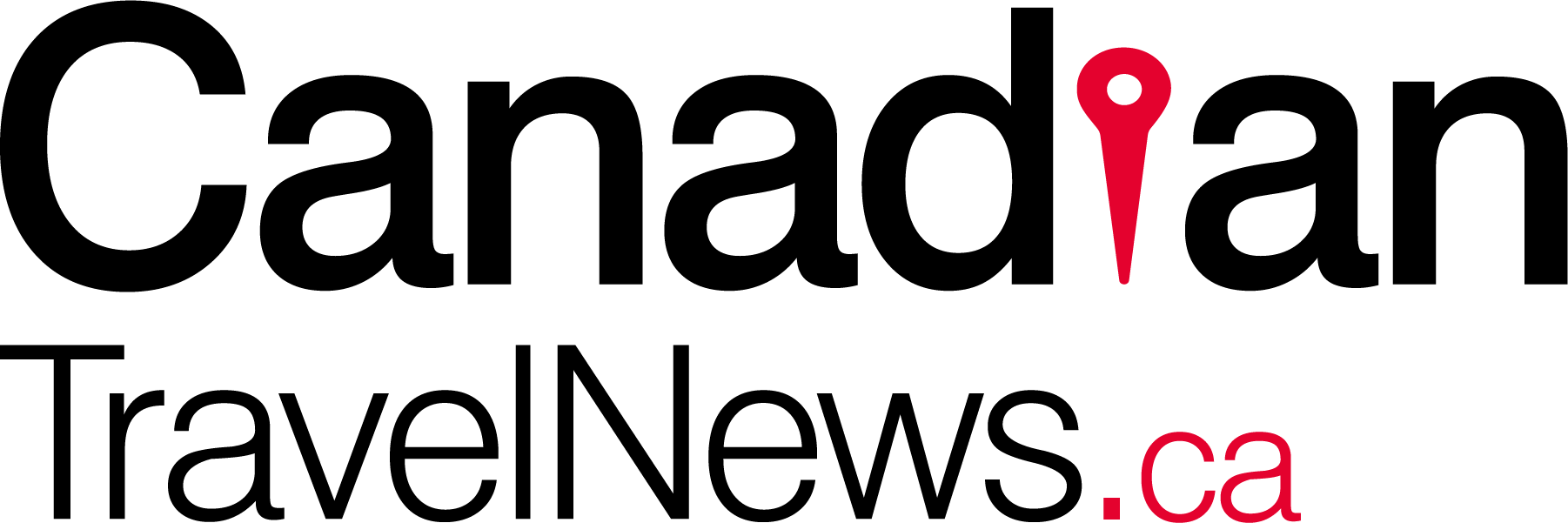
Trudeau: New Travel and Quarantine Rules for Canada Start Monday, Feb. 22
February 12, 2021 ctn_admin
Canada’s tough new hotel quarantine rules will come into effect on February 22, Prime Minister Justin Trudeau said today.
Speaking to the media on a frosty day outside Rideau Cottage in Ottawa, Trudeau said air passengers flying into Canada will have to pay for a hotel quarantine starting ten days from now.
Trudeau has said the quarantine period could be as short as a day but perhaps up to 72 hours. All passengers arriving by air starting on that date will have to take a COVID-19 test at the airport after they land and then go to an official government quarantine hotel while they await the results. If they’ve tested negative for the virus they’ll be allowed to go home, but will be under surveillance. If they’ve tested positive they’ll be sent to another official government quarantine facility.
Flights are being allowed only into Toronto, Montreal, Calgary and Vancouver, and the government has been sifting through proposals by airport hotels that wish to be part of the quarantine plan.
Trudeau has said those hotel stays could cost up to $2,000.
Trudeau also said that, starting Monday, Feb. 15, people crossing into Canada by land who are non-essential workers will have to show a PCR test taken in the prevous 72 hours.
“We’re aware that we need to be thoughtful and compassionate about people who are in extremely difficult situations and absolutely need to travel,” the PM said. “We’re not trying to punish people, we’re trying to keep people safe.”
Public Safety Minister Bill Blair said that beginning Feb. 22, travellers crossing the border by land for non-essential reasons will have to get a molecular COVID-19 test upon entry to Canada and again later in their mandatory, 14-day quarantine.
Truckers and vital workers will be exempt from the policy, he said.
Because there are some 170 land crossings from the U.S. into Canada, Blair said the government isn’t able to come up with a hotel quarantine program for people arriving by automobile.
Government ministers clarified that land travellers also can provide proof of a positive test taken 14 to 90 days prior to arriving into Canada.
| “I want to thank Canadians who continue to make sacrifices to protect each other from COVID-19. We continue to detect variants of concerns, and this is why we are putting these additional measures in place,” said Minister of Health Patty Hajdu. “Now is not the time to travel, so please cancel any plans you might have.” Hajdu said travellers will need to book a hotel in the city in which they first arrive in Canada, either Vancouver, Calgary, Toronto or Montreal. Hotel booking information will be available online as of Thursday, according to the CBC. Travellers who have a negative result for their arriving airport test will be able to take a connect flight to their final destination, Hajdu said. “The cost of these hotel stays may vary slightly at each location. It is up to the traveller to choose where they wish to stay and book in advance of departure,” she said. “The price will include costs associated with the room, food, cleaning, infection prevention and control measures, and security as well as transportation.” The CBC also reports that only five land ports of entry will have onsite testing as of Feb. 22, those being: – Douglas, B.C. – Coutts, Alta. – Queenston-Lewiston Bridge, Ont. – Niagara-on-the-Lake, Ont. – St-Bernard-de-Lacolle (Highway 15), Que. – St. Stephen, N.B. An additional eleven ports of entry will with onsite testing as of March 4: – Ambassador Bridge, Windsor, Ont. – Blue Water Bridge, Point Edward, Ont. – Lansdowne (Thousand Islands Bridge), Ont. – Rainbow Bridge, Niagara Falls, Ont. – Windsor-Detroit Tunnel, Ont. – Fort Erie (Peace Bridge), Ont. – Emerson West Lynne, Man. – Pacific Highway, B.C. – Huntingdon, B.C. – St-Armand, Que. – Stanstead (Route 55), Que. The government said it is working to supply all other ports of entry with test kits for travellers to take to meet these requirements. It isn’t clear, but if testing is mandatory at some crossings and not others, non-essential visitors who can get into Canada could conceivably avoid the test requirement by using a crossing where the tests aren’t available. For example, on Feb. 23 someone might, in theory, be able to cross the Peace Bridge from Buffalo to Fort Erie and not have to take a test. But they’d have to take one if they used the Queenston-Lewiston Bridge. The National Airlines Council of Canada put out a statement saying that, “as the government introduces the new testing and hotel quarantine measures for international arriving passengers, it is important to note that due to ongoing travel restrictions and border measures, as well as ongoing steps by Canada’s major carriers to suspend large segments of international service, international arrivals to Canada are down between 90% to 95% compared to January 2020 according to Statistics Canada data released today. “As the new measures come into force, it is critical that the government engage with the industry to develop, for April 30th, a truly robust and effective testing strategy based on science and that is tied to quarantine and border restrictions. These are necessary pre-conditions for the eventual safe, phased re-opening of aviation. Countries that successfully implement a science-based and data – based testing and quarantine policy will not only protect public health but also drive their overall domestic recovery, and take market share, investment and jobs from those countries that do not.” |
Here’s the federal government statement:
| For travellers arriving to Canada by land, as of February 15, 2021, all travellers, with some exceptions, will be required to provide proof of a negative COVID-19 molecular test result taken in the United States within 72 hours of pre-arrival, or a positive test taken 14 to 90 days prior to arrival. In addition, as of February 22, 2021, travellers entering Canada at the land border will be required to take a COVID-19 molecular test on arrival as well as toward the end of their 14-day quarantine. All travellers arriving to Canada by air, as of February 22, 2021, with some exceptions, will be required to take a COVID-19 molecular test when they arrive in Canada before exiting the airport, and another toward the end of their 14-day quarantine period. With limited exceptions, air travellers, will also be required to reserve, prior to departure to Canada, a 3-night stay in a government-authorized hotel. Travellers will be able to book their government-authorized stay starting February 18, 2021. These new measures are in addition to existing mandatory pre-boarding and health requirements for air travellers. Finally, at the same time on February 22, 2021, all travellers, whether arriving by land or air will be required to submit their travel and contact information, including a suitable quarantine plan, electronically via ArriveCAN before crossing the border or boarding a flight. |












